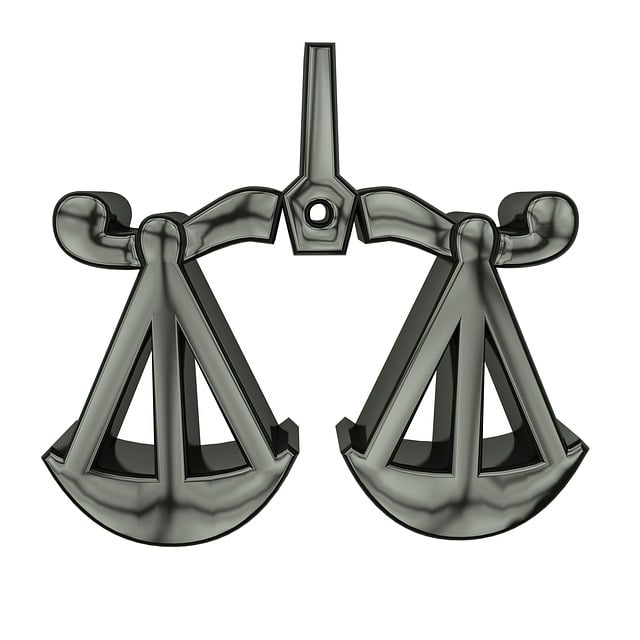Understanding consumer rights and protections is vital for businesses to navigate regional regulations aimed at ensuring fair trade practices, product safety, and transparent information. Common compliance failures include improper data management, misleading claims, and non-compliance with advertising laws. Businesses can employ defenses like challenging claim validity, demonstrating reasonable care, and presenting compelling evidence to secure favorable verdicts in litigation. Data privacy breaches have become a key defense strategy under stringent laws like GDPR and CCPA. Robust compliance measures, including lawful data processing and transparent communication, are essential. Effective record-keeping is crucial for refuting allegations and enhancing legal shielding. Demonstrating good faith efforts and proactive measures can mitigate risks and build consumer trust.
In an era where businesses operate globally, regulatory compliance issues are paramount. This article guides you through the complex landscape of consumer rights and protections, uncovering common marketing failures that can lead to costly litigations. We explore data privacy as a robust defense mechanism and emphasize effective record-keeping for legal shield. Additionally, we navigate penalties and remedies, offering strategies to mitigate risks and fortify your business against Common Defenses in Consumer Protection Litigation.
- Understanding Consumer Rights and Protections
- Identifying Common Compliance Failures in Marketing
- Data Privacy: A Cornerstone of Defense
- Effective Record-Keeping for Legal Shield
- Navigating Penalties and Remedies: Mitigating Risks
Understanding Consumer Rights and Protections

Understanding consumer rights and protections is paramount for businesses navigating the intricate web of regulations designed to safeguard buyers. Consumer protection laws vary by jurisdiction, but they universally aim to ensure fair trade practices, product safety, and transparent information disclosure. Compliance with these standards not only mitigates legal risks but also fosters trust between businesses and their customers.
Businesses often face consumer protection challenges in high-stakes cases involving complex matters such as advertising claims, data privacy breaches, and product liability issues. Common defenses in consumer protection litigation include challenging the validity of claims, demonstrating reasonable care and due diligence, and presenting compelling evidence to refute allegations. Through robust legal strategies focused on these defenses, businesses can win challenging defense verdicts across all stages of the investigative and enforcement process.
Identifying Common Compliance Failures in Marketing

Identifying Common Compliance Failures in Marketing involves recognizing recurring issues that often lead to Consumer Protection Litigation. One of the most prevalent errors is the failure to obtain proper consent for marketing activities, such as email campaigns or text messages. This includes not providing clear opt-out options and continuing to contact consumers who have requested to stop receiving communications. Another frequent mistake is making exaggerated or misleading claims about products or services, which can mislead consumers and result in legal repercussions.
Companies also face challenges with data privacy regulations, such as the lack of secure data storage measures, leading to data breaches. Additionally, non-compliance with advertising laws, including false or deceptive advertising practices, can expose businesses to significant legal risks. Common Defenses in Consumer Protection Litigation often center around demonstrating good faith efforts to comply and quick corrective actions once violations are identified. A robust white-collar defense strategy for his clients involves staying apprised of changing regulations and implementing procedures to prevent reoccurrences in high-stakes cases.
Data Privacy: A Cornerstone of Defense

Data privacy has emerged as a cornerstone defense in consumer protection litigation, with regulatory bodies increasingly focusing on protecting personal information. As laws like GDPR in Europe and CCPA in California tighten data collection and use rules, companies must ensure robust compliance to avoid high-stakes cases. Common defenses in these scenarios involve demonstrating lawful processing of data, obtaining valid consent, implementing stringent security measures, and providing transparent communication about data practices.
These strategies are crucial not just during all stages of the investigative and enforcement process but also when dealing with corporate and individual clients. By prioritizing data privacy from the outset, organizations can mitigate risks, foster trust, and avoid the substantial legal and reputational consequences that often accompany data breach litigation.
Effective Record-Keeping for Legal Shield

Maintaining comprehensive and accurate records is an essential strategy to safeguard against potential legal pitfalls, especially in Consumer Protection Litigation where businesses often face Common Defenses. Effective record-keeping practices can serve as a powerful defense mechanism, providing clear documentation that refutes allegations and demonstrates compliance with relevant regulations. Companies should implement robust systems to capture, organize, and preserve all pertinent data, including customer interactions, transaction records, and internal communications.
By adhering to rigorous record-keeping standards, businesses can achieve extraordinary results in court. An unprecedented track record of well-documented processes can lead to the complete dismissal of all charges, as judges often appreciate thoroughness and transparency. This proactive approach not only enhances legal shielding but also fosters a culture of accountability within the organization, ensuring future compliance with consumer protection laws.
Navigating Penalties and Remedies: Mitigating Risks

Navigating Penalties and Remedies is a critical aspect of Regulatory Compliance Issues, particularly in Consumer Protection Litigation. Companies often face significant risks, including substantial fines and reputational damage, when they fail to adhere to regulatory standards. However, understanding common defenses can help mitigate these dangers. One of the primary strategies involves demonstrating good faith efforts to comply with evolving regulations, which can sway courts and reduce penalties.
The landscape of consumer protection laws varies across the country, but an unprecedented track record of successful defense can serve as a powerful tool for his clients. By presenting well-documented evidence of training programs, compliance audits, and proactive measures to avoid violations, companies can often secure more favorable outcomes. This approach not only protects against penalties but also fosters trust among consumers, ensuring long-term sustainability in the market.
In navigating regulatory compliance issues, understanding consumer rights, identifying common marketing failures, safeguarding data privacy, maintaining robust record-keeping practices, and knowing penalties and remedies are crucial components of any business strategy. By addressing these aspects effectively, companies can fortify themselves against potential Common Defenses in Consumer Protection Litigation, ensuring long-term sustainability and customer trust. Embracing proactive measures to meet regulatory standards is a key step towards fostering a culture of ethical business practices.






